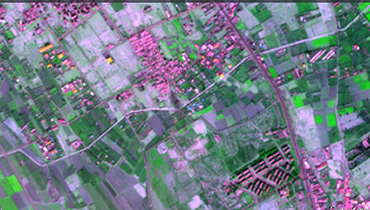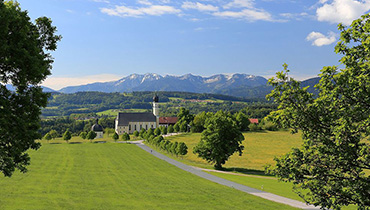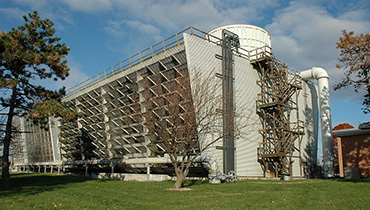2010 - ORGANIZATION OF RURAL COMMUNITIES FROM THE LEADER MODEL: EXPERIENCE AND LEARNING IN THE MUNICIPALITY OF SALINAS, SAN LUIS POTOSÍ (MEXICO)
| Autores: |
Talavera-Magaña, D.; Figueroa Sandoval, B.; De los Ríos Carmenado, I. |
| Título: |
ORGANIZATION OF RURAL COMMUNITIES FROM THE LEADER MODEL: EXPERIENCE AND LEARNING IN THE MUNICIPALITY OF SALINAS, SAN LUIS POTOSÍ (MÉXICO) |
| Congreso: | XIV Congreso de Ingeniería de Proyectos (14th International Congress on Project Engineering) |
| Publicación: | AEIPRO. ISBN: 978-84-614-2608-9 |
| Lugar celebración: | Madrid |
| Fecha: | Julio 2010 |
| Enlace: | Pincha aquí |
ABSTRACT
The Postgraduate College has been working since 2004 in collaboration with the Polytechnic University of Madrid to adequate the Leader initiative to the conditions of rural areas of Mexico. The developed model is its conceptual bases in participatory action research, in planning as social learning and the specificities of innovation management from local action LEADER model groups, adapted to the contextual conditions of Mexico. This communication shows the results of the implementation of the model in the municipality of Salinas of the State of San Luis Potosí, Mexico. Territorial approach aspects are considered, as well as: bottom-up approaches, training of local organizations, innovation, funding and support management. Results show the lessons of experience and learnings from the Constitution in 2006 of a civil association (CA) serving as promoter group projects, with participation of local actors and partners in relation to the development planning mechanisms. From his works as consultant team have created 9 companies with projects oriented crop production sectors basic upland, to produce fodder, groups of producers will require to feed sheep dairy herds in intensive systems and subsequently manufactured cheese and by-products.
Keywords: leader; ejidos; local action groups; rural development; social learning
RESUMEN
El Colegio de Postgraduados, en colaboración con la Universidad Politécnica de Madrid han trabajado desde el 2004, en una investigación aplicada para la puesta en marcha de un modelo de desarrollo en áreas rurales de México, desde la organización de las comunidades rurales según las especificidades de la iniciativa Leader. El modelo desarrollado tiene sus bases conceptuales en la investigación-acción participativa (Argyris & Schön, 1978)(Uphoff, 1990), en la planificación como aprendizaje social (Friedmann, 1987) y en las especificidades de la gestión de la innovación desde los Grupos de Acción Local del modelo LEADER (Cazorla et al., 2005) (Díaz-Puente et al., 2007), adaptado a las condiciones contextuales de México. En esta comunicación se muestran los resultados de la aplicación del modelo en el municipio de Salinas, del estado de San Luis de Potosí (México). Los resultados muestran las lecciones de experiencia y los aprendizajes desde la constitución en el año 2006 de una Asociación Civil que actúa como grupo promotor de proyectos, con mecanismos de participación de los agentes locales e interlocutores en relación con la planificación del desarrollo.
Palabras clave: Leader; ejidos; grupo de acción local; desarrollo rural; aprendizaje social.













